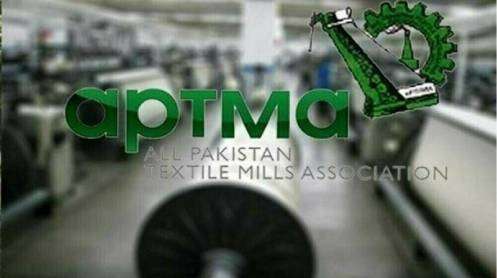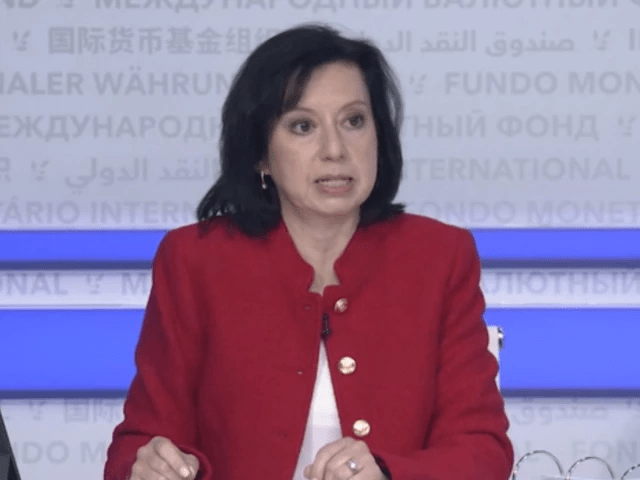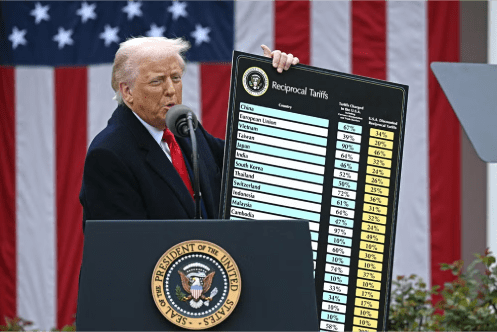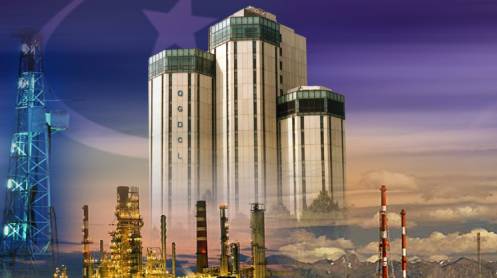ISLAMABAD: The All Pakistan Textile Mills Association (APTMA) has called on the Oil and Gas Regulatory Authority (OGRA) to ensure full transparency in the tariff structures of gas utilities, urging the establishment of a comprehensive framework for the verification and reconciliation of Unaccounted-for-Gas (UFG) and Regasified Liquefied Natural Gas (RLNG) cost actualisation data.
In a detailed intervention submitted ahead of Sui Northern Gas Pipelines Limited’s (SNGPL) tariff adjustment hearing scheduled for Thursday (today), APTMA argued that OGRA was legally obligated to hold a public hearing and determine the final RLNG sale price before any recovery could be billed to consumers.
The association criticised SNGPL for issuing RLNG actualisation invoices for July 2025 — payable by August 12, 2025 — without prior adjudication. It said OGRA’s earlier notifications, issued in December 2024 and revised in March 2025, were followed by a public hearing notice only in October 2025, effectively reversing the lawful order of regulatory action.
APTMA maintained that while delays in true-ups may have occurred for administrative reasons, they could not justify bypassing due process. It urged OGRA to withdraw the impugned bills, suspend recoveries, and hold a fresh hearing based strictly on verified and audited data.
Citing a Petroleum Division memorandum dated August 21, 2025, APTMA noted that OGRA had failed to conduct monthly RLNG actualisations as required under federal policy guidelines of 2015 and 2016. The memorandum acknowledged that retrospective recoveries were unreasonable since industries had already accounted for energy costs in products sold domestically and abroad.
APTMA warned that prolonged delays — extending up to a decade — undermine regulatory credibility and distort cost-reflective pricing. Regular reconciliation, it said, is not a procedural formality but an essential safeguard ensuring utilities do not retain excess recoveries while protecting consumers and promoting efficiency.
The association also pointed out serious flaws in OGRA’s treatment of UFG, arguing that industrial consumers were being charged as if they operated in the most loss-prone parts of the network. APTMA stressed that UFG costs should be allocated according to actual loss patterns by class and pressure zone, as most UFG losses occur in low-pressure domestic networks with aging infrastructure and unauthorised use.
Currently, OGRA applies a uniform, system-average UFG rate — ranging between 8.6% and 12.3% — across all consumer categories. APTMA called this practice “methodologically indefensible,” noting that high-pressure industrial networks typically experience losses below 3%.
The textile body reminded that RLNG imports began in March 2015 under a policy framework that required monthly pricing and reconciliation, yet nearly ten years later, transitional arrangements still persist and no separate UFG benchmark for RLNG has been established — despite its significantly higher cost compared to indigenous gas.
To ensure transparency, APTMA recommended that OGRA immediately:
- Publish audited UFG and RLNG cost data for FY 2015–2022.
- Disclose Sales Metering Station (SMS)-wise datasets by pressure and consumer class, particularly for major industrial zones.
- Upload audited UFG accounts for industrial-dominant SMSs on its website.
- Provide verifiable numerical data for the 84-month RLNG period (March 2015–June 2022) with full cost documentation.
- Apply class-wise, pressure-based UFG benchmarks in all future tariff determinations.
APTMA further demanded that OGRA adopt a prospective tariff-setting approach, publishing a corrective glide path where timelines are missed, and maintaining a transparent regulatory account showing inflows and outflows by cost head.
Concluding its submission, APTMA proposed key corrective actions:
- Withdrawal of retrospective bills and refund of recoveries already made;
- Publication of month-wise cost breakdowns detailing all cost components;
- Exclusion of retail-network UFG from industrial tariffs;
- Prudence testing of emergency procurements and accountability for unjustified recoveries; and
- Restoration of monthly or quarterly true-up cycles supported by audited data.
APTMA cautioned that without transparent, cost-reflective, and timely tariff determinations, Pakistan’s gas pricing framework risks further eroding industrial competitiveness, employment, and investment in the country’s crucial textile export sector.
Story by Mushtaq Ghumman







